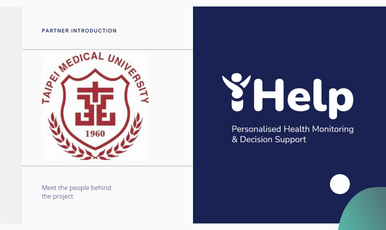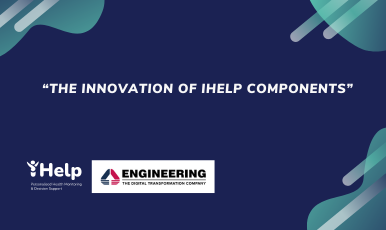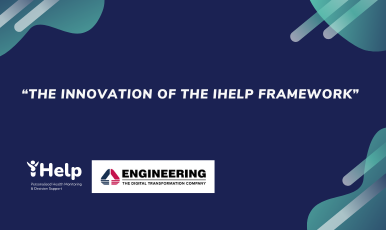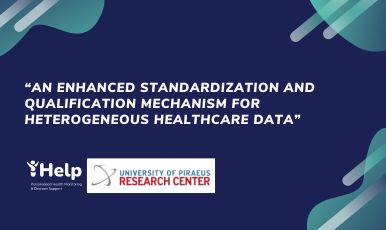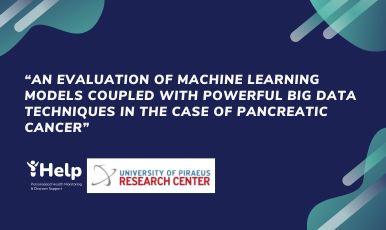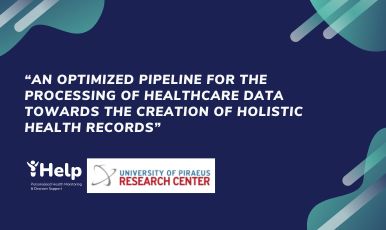Education, healthcare, and technology facilities
Taipei Medical University (TMU) was founded in 1960, and has been a pioneer in Taiwan’s healthcare system. TMU is a leader in numerous scientific fields, including thoracic medicine, cell treatment and regeneration, biomedical devices, cancer translational medicine, and artificial intelligence in medicine. TMU ranked 201-250 of the world’s universities and ranked 29 in Asia according to the 2022 Times Higher Education World University Rankings.

Three of the seven hospitals affiliated with TMU, TMU Hospital, Wan Fang Medical Center, and Shuang-Ho Hospital, are among the largest healthcare systems in the capital and have earned Joint Commission International (JCI) accreditation. This ensures the highest standards and innovative practices and opens up numerous opportunities for specialized skill training and research. With over 2,000 academic and staff members and almost 800 beds, Taipei Medical University Hospital (TMUH), the first hospital affiliated with TMU, has become the standard for medium-sized hospitals both domestically and internationally.
The hospital has a long history of providing advanced medical treatment and research. Six hospital-level medical research centres have also been established in the areas of geriatrics, child development, cancer research, thoracic medicine, big data, and precision medicine.
Recently, Taipei cancer centre was established to advance medical care. Within the cancer centre, a proton therapy centre was built, which is considered to be one of the world’s top 100 proton facilities. Precision medicine, genetic counseling, cell therapy, and other related domains are being prioritized in order to deliver world-class and holistic cancer treatment services to patients. The centre also works with major cancer centres throughout the world, including John Hopkins, Mayo Clinic, Case Western Reserve University, City of Hope (COH), and USC Norris Comprehensive Cancer Center
TMU also supports start-ups with technological innovations through a BioMed Accelerator program. They facilitate start-up teams in making the best use of TMU’s clinical field and experienced professionals. Thus, enabling the start-up team to accelerate the products into the clinical field by offering them advice and additional entrepreneurial funds.
International Collaborations
TMU has participated in a number of international (European Horizon 2020) projects over the past five years, including SmokefreeBrain (GA: 681120), CrowdHEALTH (GA: 727560), and CATCH-ITN (GA: 722012).
The research breakthroughs for the SmokefreeBrain Project included an artificial intelligence-based health recommender system for quitting smoking that generates individualized, tailored motivational messages through mobile applications.
The CrowdHealth project generated data-driven evidence for policy makers so they can create better health policies that will benefit people with chronic kidney disease. CATCH project focused on the usage of wearable technology among cancer patients. The utilization of wearable technology to measure sleep quality can aid in more individualized and effective sleep management, which is one of the factors contributing to these patients’ poorer quality of life.
Role of TMU in iHELP
Our clinical data centre collects real-world data from TMU and its three hospitals’ various teaching, clinical, and operational units. Taipei Medical University Clinical Data Repository (TMUCDR) includes EHR data, laboratory test reports, medications, and materials used. With 1521 Pancreatic Cancer patients among 5 million patients (includes OPD, IPD).
In the iHELP project, our pilot aims to develop risk prediction models and evaluate interventions that can engage and motivate cancer patients to improve their quality of life. In the first phase, we will exploit the TMU database and utilize AI-based data analytics models, to determine individuals with a high risk to develop pancreatic & liver cancer (for early-stage management of the disease). In the second phase, we will conduct a digital trial, an observational study for six months, using the mobile app and wearable technology for personalized healthcare and improved quality of life, among the liver and pancreatic cancer patients. The app will be tailored to Taiwanese cultural and linguistic needs. Besides this, the health recommendation system would send personalized messages to patients with the intention of motivating them to quit smoking, engage in physical activity, eat a healthier diet, and enhance their overall well-being.

